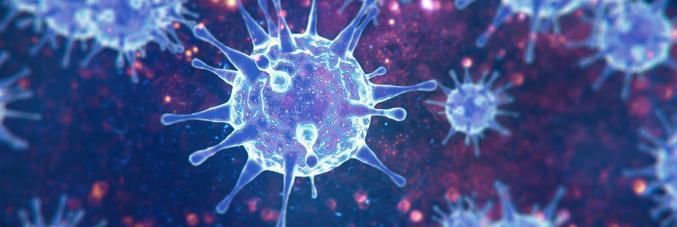
Those who recovered from COVID-19 may experience depressive symptoms more easily
04.07.2022
According to the article Altered brain regional study homogeneity is associated with depressive symptoms in COVID-19 published in the Journal of Affective Disorders those who became ill with COVID-19 experienced significantly more depressive symptoms than healthy subjects, even after recovery, and displayed alterations in the local functional connectivity in the temporo -parietal junction.
In addition to respiratory symptoms, COVID-19 can also cause neuropsychiatric manifestations such as depression, anxiety, mental fatigue, sleep disturbances, and stress-associated disorders. These symptoms are likely to be associated with the neuronal effects of the virus or the treatments implemented. This can also result from psychosocial factors related to the viral infection, such as fear of getting sick or infecting others, changes in lifestyle life, and social isolation.
Prof Fabio Sambataro of the Department of Neuroscience at the University of Padua, who coordinated the study conducted by a research team, explains,
“With the collaboration of the departments of Neuroradiology, Neurology, Otolaryngology, and Psychiatry of the University of Padua, and its Hospital, 79 subjects who had recovered from COVID-19 and 17 healthy subjects with no history of SARS-COV2 infection or other neuropsychiatric pathologies were studied. All subjects, including those who had fully recovered from Covid, underwent functional magnetic resonance imaging and a complete neuropsychological evaluation. In particular, we decided to investigate the local functional connectivity of the brain at rest through the study of regional homogeneity, a technique that allows us to evaluate the local correlation of signals in a brain region. We measured depressive symptoms with the Patient Health Questionnaire (PHQ-9), anxiety symptoms with the General Anxiety Disorder 7-item scale (GAD-7), and fatigue with the Multidimensional Fatigue Inventory (MFI).
The study found that those who had recovered from COVID-19 showed an increased local functional connectivity in the right hippocampus and decreased connectivity in the right temporal cortex and left parietal and that the severity of post-COVID depressive symptoms correlates with such neurophysiological variations.



